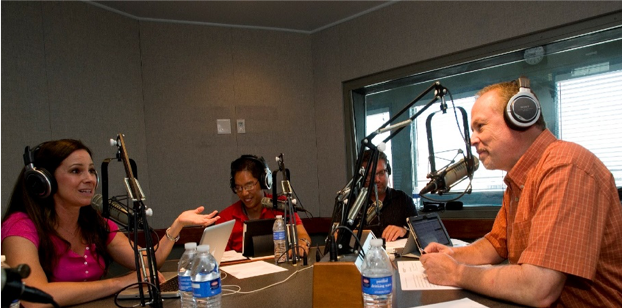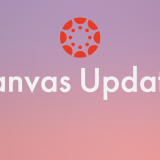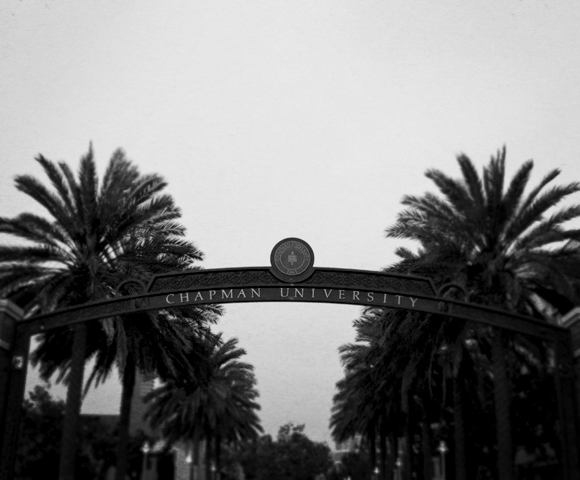
Podcast! Is Chapman University ready to play? Podcast Opportunity
July 15, 2019
According to Edison Research’s 2019 survey of the podcast consumer, 144 million people listen to podcasts; nearly half of them listen to seven unique podcasts every week. These numbers are expected to rise dramatically in the coming years. Interestingly, the top reason (74%) people give for listening to podcasts is they want to learn new things.
In spring 2017, with the full support Chapman School of Communication Dean Lisa Sparks, I was given the opportunity to introduce students to podcasting in an experimental class. My background as a radio broadcaster and, more recently, a podcaster, provides for a real-world learning experience. Introduction to Podcasting, about to enter the fifth semester, is one-part theory and three-parts doing. Students conceive, produce, publish, and promote six episodes of their own shows over a six-week period. Students grasp the significance of the creative process and understand how podcasting can be applied not just in entertainment but as a means of expanding the reach of concepts, people, and brands. If a product or service on the market today does not have its own podcast, it will soon. Students who complete Introduction to Podcasting at Chapman enter the job market with an enticing value proposition.
Simply offering a class is just the start of where I believe Chapman can go with podcasting. Top schools around the nation have made podcasting a priority. Harvard, Stanford, Yale, MIT, to name a few, all offer educational podcasts. It’s time Chapman jumped into the game.
Chapman has a collective of intellectual and technical know-how in its faculty, advisors, students, and alumni who can incubate and deliver top-tier content. But where will all of this happen? I envision a sponsored podcast facility, perhaps a “podcast house” (not a bad name) on Glassell Street or Palm Avenue. Inside a 3-bedroom, 2-bath house, two bedrooms would serve as professional-grade podcast studios and the third a production studio. The additional living space would be a hub for creativity, planning, and outreach to potential underwriters.
If a ground-swell of interest exists in the administrative halls of Chapman to make podcasting a priority, I support the notion wholeheartedly and am willing to participate in bringing this vision to fruition. A Chapman podcast facility would be a platform for the talented, diverse voices of the Panther family, provide our students with authentic professional experience, and catapult Chapman University to the forefront of the global podcasting stage. 144 million listeners will learn something new–Chapman is podcasting.
Phil Hulett is an adjunct lecturer in Chapman’s School of Communication. His voice is heard on 1,100 radio stations over the NBC News Radio network. His podcast Phil Hulett and Friends completed a 372-episode run in 2018. Another 3 shows are in development. Since 1996 Hulett has manned the microphone at Honda Center as the arena voice of the Anaheim Ducks.

